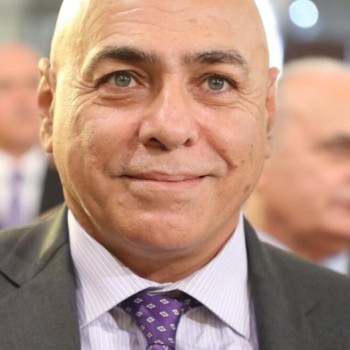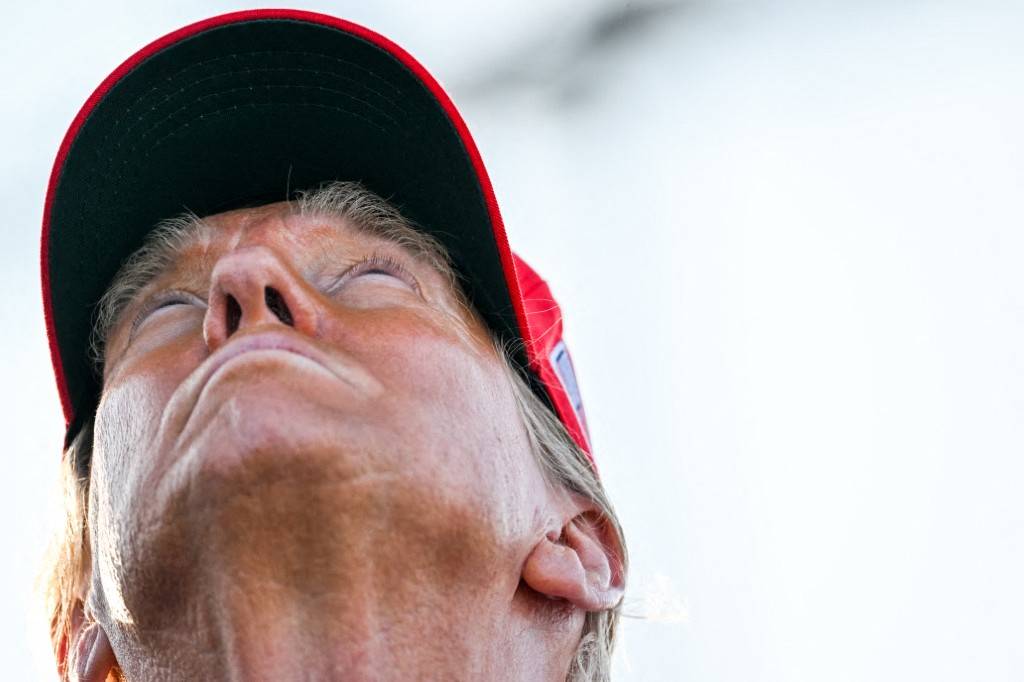In an unexpectedly swift manner, U.S. President-elect Donald Trump began nominating individuals fully loyal to him for government positions. To date, he has nominated conservative figures to fill 18 out of 26 cabinet-level positions. When he starts his second term, he will need to fill around 4,000 high-ranking positions in the administration, more than 1,000 of which require Senate approval.
Trump is armed with what he calls a "mandate" granted by voters to nominate his most loyal supporters for positions through which he says he wants to change the way Washington operates. While it is customary for the Senate to cooperate with the elected president and approve his nominees, the Senate may decide to withhold trust from a candidate for reasons related either to (poor) reputation or lack of competence for the position.
Trump's speed in announcing his nominees can be explained by his belief that the Republican Party is entirely subordinate to him, considering that he won both the popular vote and the Electoral College, restored the Republican majority in the Senate, and maintained it in the House of Representatives. Trump successfully reshaped the party in his image over the past eight years. His opponents have either left the party voluntarily or lost to candidates he supported. Those who remained know the limits of their opposition and that they must choose their battles with him carefully, with the Senate likely being a battleground.
Trump's nominations for key positions in the administration, especially those related to national security, show that he did not place much weight on experience or good reputation, despite knowing that Senate approval is required. Instead, he nominated individuals he trusted to never oppose him. Among them are Republican Congressman Matt Gaetz of Florida, nominated for Attorney General, Pete Hegseth, a weekend host on Fox News, nominated for Secretary of Defense, former Democratic Congresswoman Tulsi Gabbard, nominated for Director of National Intelligence, and John Ratcliffe, nominated for CIA Director.
What has troubled some influential Republican senators is the lack of experience and personal scandals surrounding some nominees. Gaetz faced an investigation by the Department of Justice for alleged sexual assaults, promoting prostitution, drug use, and having sex with a minor. Despite substantial evidence, the DOJ refrained from prosecuting him, but the House Ethics Committee conducted another extensive investigation. Gaetz resigned from the House of Representatives two days before the committee was to announce its findings, following his nomination, and later withdrew from consideration for Attorney General after Trump informed him he would not secure enough votes in the Senate.
Trump wasted no time and nominated Pam Bondi, who served as Florida's Attorney General for many years and was part of Trump's defense team during his impeachment hearings, to fill the position.
With Gaetz's withdrawal, attention turned to Hegseth. Following his nomination for Secretary of Defense, investigative journalism revealed a complaint by a woman accusing him of sexual assault. His lawyer claimed that he paid her to stay silent, fearing the news could lead to his dismissal from Fox News. A police report detailing the allegations surfaced two days ago, though Hegseth continues to assert his innocence. It remains uncertain whether he can secure enough votes to be confirmed as Secretary of Defense.
Another issue troubling Republicans on the Senate Armed Services Committee is Hegseth's lack of experience in managing large institutions, particularly given that the Department of Defense oversees more than three million civilians and military personnel worldwide. While he holds a degree in public policy from Harvard University and served as a major in the National Guard in Afghanistan and Iraq, he later transitioned to a career at Fox News.
Similarly, the Senate Intelligence Committee is concerned about the lack of experience of Tulsi Gabbard, nominated as Director of National Intelligence. Gabbard would be the public face of the sixteen federal intelligence agencies and would provide Trump with the daily morning briefing on global developments. Several Republican senators argue that she has no experience in intelligence matters.
Another controversial nominee is Robert Kennedy Jr., nominated for Secretary of Health. Setting aside his personal life, his views on several health issues, such as vaccinations, have sparked controversy, as have his ties to major food production companies. Critics argue that his opinions lack a scientific basis.
A senior Republican senator predicted that confirmation hearings for some nominees could lead to confrontations with the White House.
Please post your comments on:
[email protected]
 Politics
Politics














